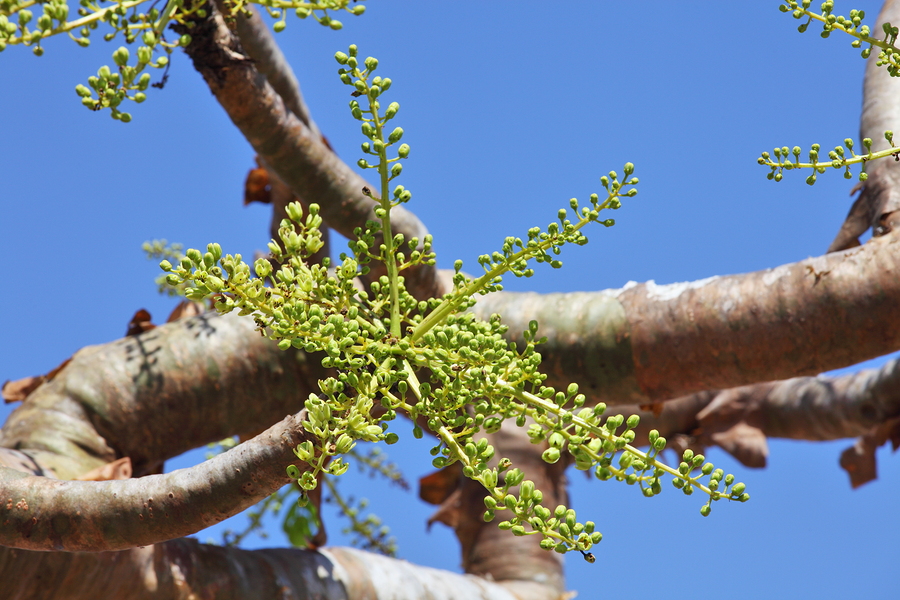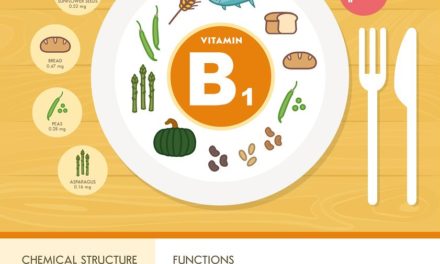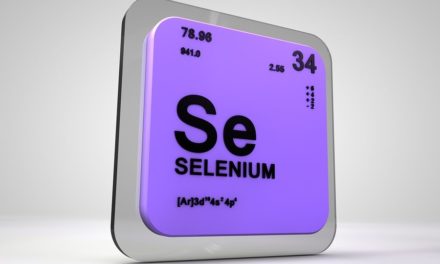A study appearing in the Journal of Neuro-Oncology (2000;46:97-103) looked at the effect boswellia had on cancer growth in female wistar rats. The rats were injected with C6 tumor cells in the right caudate nucleus (brain). The animals were divided into four groups, a control group and three groups receiving varying concentrations of boswellic acids. Boswellic acids are obtained from a tree, Boswellia serrata, which is native to India. The tree yields a gum resin (salai guggul) that has been used for centuries to reduce inflammation and the treatment of conditions like arthritis, irritable bowel, Crohn’s disease and asthma. The boswellic acids are the active ingredient from Boswellia serrata.
The group of rats getting the highest dosage of boswellic acids (3 x 240 mg/kg body weight) survived the longest. They lived about twice as long as the control group. Also, upon autopsy, the size of the tumor in the high-dosage group was much smaller in comparison to the low-dosage or the control group.






